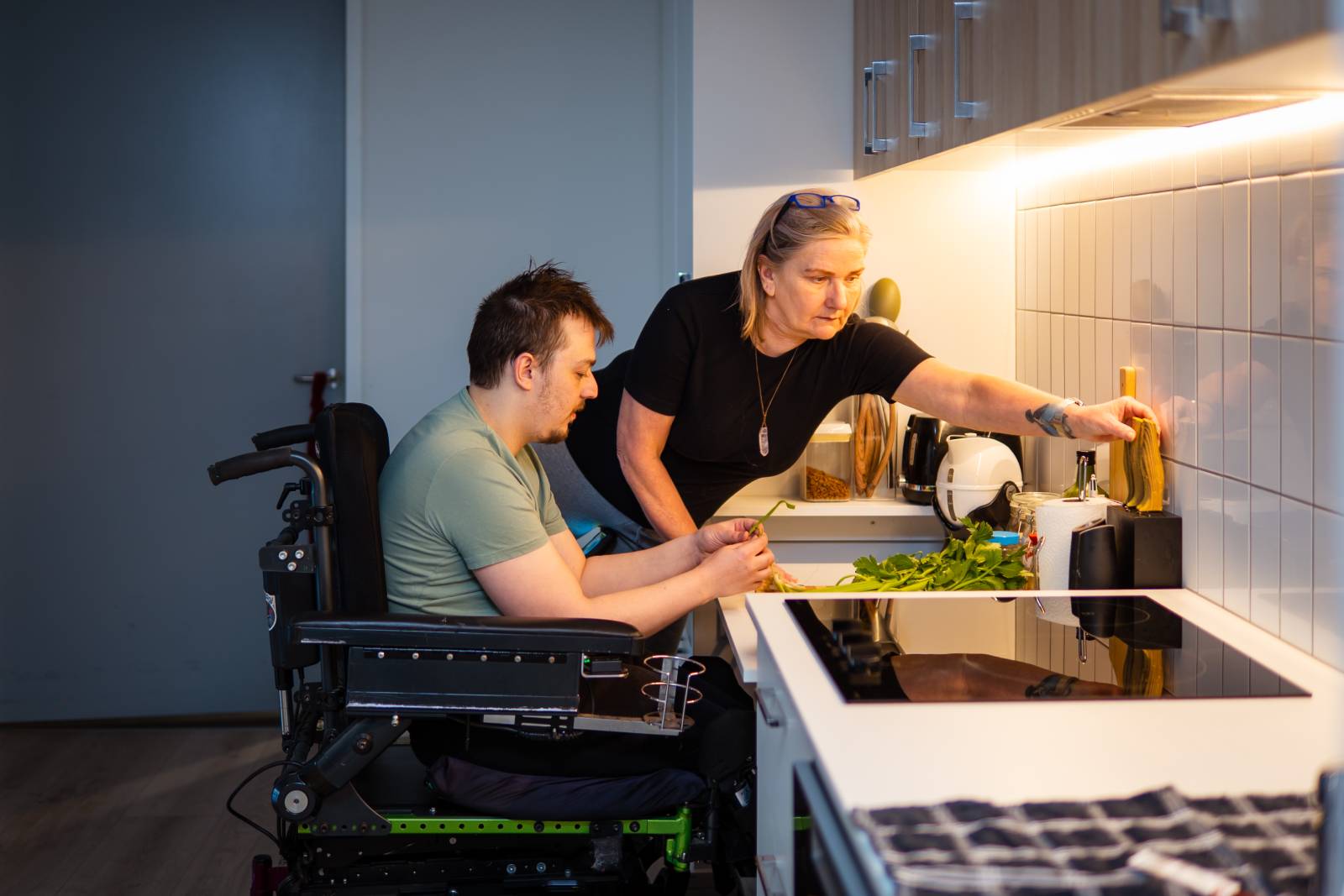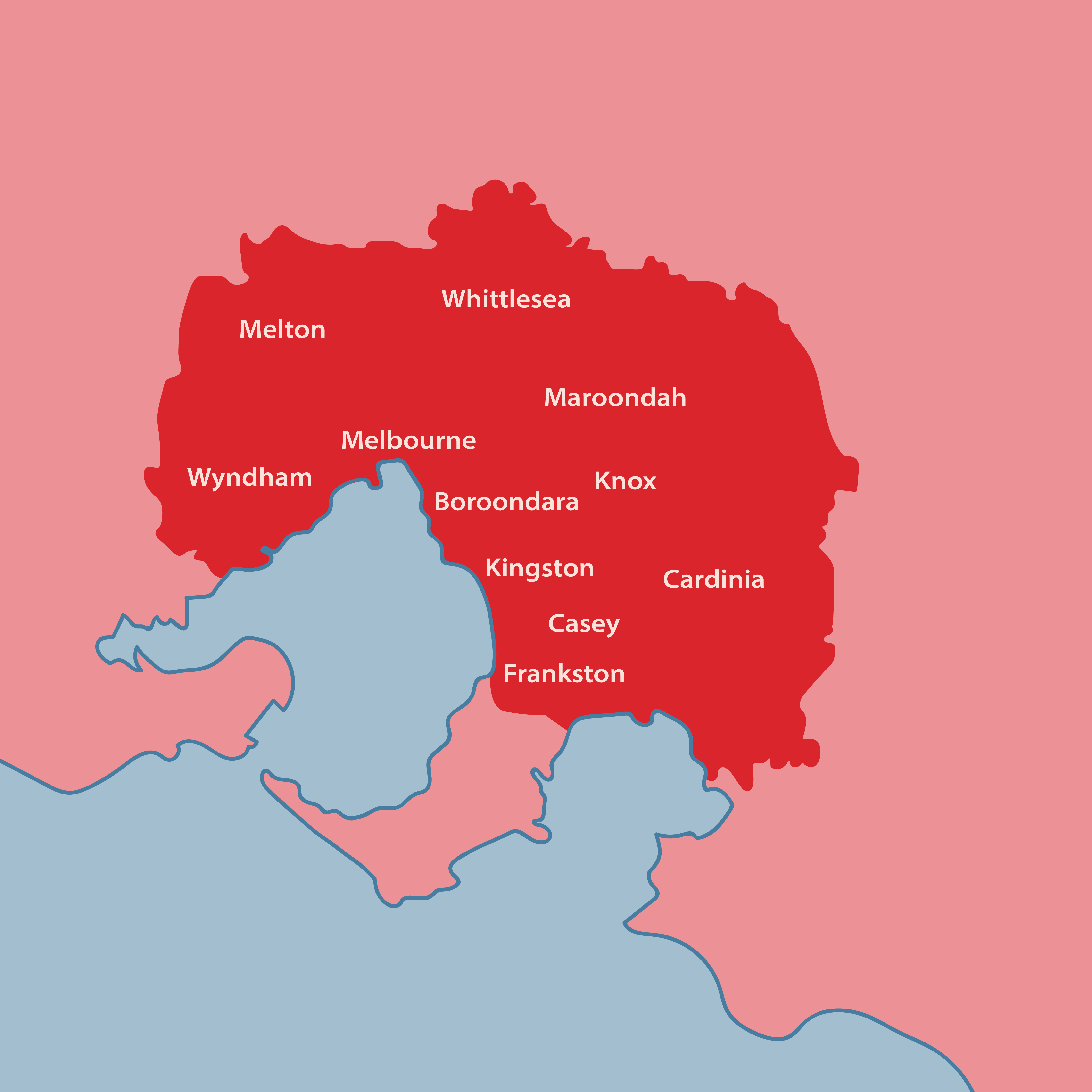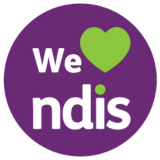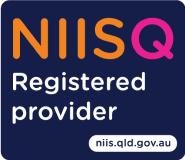Available Homes in
Explore our current Supported Independent Living (SIL) and Specialist Disability accommodation (SDA) housing vacancies below to find your new home today.
An all-in-one approach to Supported Independent Living
As a leading NDIS Supported Independent Living provider in Melbourne, we combine 20 years’ experience, highly skilled staff, and proven processes to help you find the right home, housemates, and supports. Partnering with Australia’s top SDA providers, we deliver personalised, safe, and sustainable SIL that goes beyond the basics.

Areas we cover across Melbourne
Nextt offers disability support and mental health support services across the greater Melbourne area – from Melton and Werribee in the west to Whittlesea in the north, south to Frankston, and east to Lilydale and Pakenham.

Ask Loretta
Looking for standard housing with Supported Independent Living? We can work with you to find your home – fill out the form below or call Loretta now
Nextt is regularly adding properties and can search for options based on client needs so contact us to explore more.
Find out more
Experience the Nextt difference. Call us today, or submit the form to get started.
"*" indicates required fields
Never share sensitive information (credit card numbers, passwords etc) through this form. Form submissions are managed according to our Privacy Policy
FAQs
Nextt is regularly adding properties and can search for options for your requirements so contact us to explore more.
What’s the difference between SIL and SDA, and how do I know which one I need?
-
Supported Independent Living (SIL) is funding for the supports you receive in daily life — help with personal care, household tasks, skill-building, assistance with routines. It enables you to live independently, in a shared home or private setting, while getting regular or 24/7 support depending on your needs.
-
Specialist Disability Accommodation (SDA) is about the physical home — the design, accessibility, modifications and features of the building itself. SDA homes are built for high physical support requirements.
You might need one or both, depending on your situation. If your daily support needs are high, and/or your home needs special design features, your plan might include SDA and SIL. NEXTT can help you review your plan and figure out what fits your needs.
Who is eligible for SIL and SDA?
Eligibility is determined by the NDIS, based on your individual needs and support requirements.
How do I get SIL into my NDIS plan, or increase SIL supports if my needs change?
Here are steps you can take:
-
Check your NDIS plan and see if “Assistance with Daily Living / SIL” is included. If it’s not, you may need a plan review or change of circumstances.
-
Gather supporting documents — assessments from allied health (OTs, behaviour specialists etc.), reports that show your current support needs.
-
Make sure your goals in your plan include living more independently or in a supported home environment. That tells NDIA planners SIL is relevant.
-
Work with a Support Coordinator or Local Area Coordinator (LAC) who understands SIL. They can help you prepare your case, compare provider options, and advise on funding levels.
NEXTT can assist you with preparing for plan reviews and ensuring the documentation is clear and complete.
Can Nextt help if I’m looking for specific housing options?
Yes, Nextt continually updates our property listings and can assist you in finding options that meet your specific requirements. Contact us to explore more.
What kinds of housing arrangements are possible under SIL in Melbourne — shared homes, private homes, etc.?
You have several options, depending on what feels right for you and what your plan allows:
-
Shared homes: You live with other participants, share common areas (kitchen, lounge etc.), and have your own private bedroom.
-
Private / single-person homes: If you prefer more privacy and independence but still need support.
-
SIL in SDA homes: If your funding includes SDA, the home itself will be specially designed for higher support needs, and the SIL supports happen inside that home.
Choosing the setting depends on your comfort, level of independence desired, compatibility with housemates (if shared), and what your SIL funding supports.
What does “roster of care” mean, and how is it decided?
Answer:
A roster of care is a schedule that outlines when and how often support workers will assist you, and what tasks they’ll do. It might include:
-
Morning routines (getting up, personal care)
-
Meal preparation
-
Household chores
-
Overnight or wake-night support
-
Medication supervision or health-related tasks
-
Assistance with community access
How it’s decided:
-
Based on your functional needs (how much help with daily living)
-
Based on your goals (what you want to achieve, what skills you’d like to build)
-
The home arrangement (shared or private)
-
Safety considerations (medical needs, behaviour support etc.)
You’ll usually work with your SIL provider, your OT, and maybe your support coordinator to agree on the roster. It can be reviewed and changed over time as your needs change.
How do I know if SIL accommodation in Melbourne is the right fit for my level of support?
SIL is designed for people who need help with daily tasks like cooking, personal care, or managing the household. If you need this support every day, and it would help you live more safely and independently, SIL may be a good match. A Nextt coordinator can talk through your current needs, what’s working at home, and what isn’t, so you can make a confident decision.
Can I choose who I live with in a SIL home?
Yes. The NDIS doesn’t choose your housemates for you. You can look at different homes, meet potential housemates and make sure the environment feels comfortable and safe. At Nextt, we support you to understand the home’s routines, personalities and expectations so you can decide what feels right for you.
What does day-to-day life look like in a Melbourne SIL home?
Every house is different, but the aim is the same — a stable home with the right support around you. You can expect help with personal care, meals, medication and building everyday skills. The routine is shaped around your goals, preferences and cultural needs. Support workers are there to make life easier, not to take over.
Can I transfer to a different SIL home if my needs change?
Yes. Your SIL arrangement should evolve as you do. If your support needs increase, decrease or you simply feel the current home is no longer a good fit, you can explore other options. A provider like Nextt can help you understand what the NDIS requires, gather evidence and guide you through the transition smoothly.
What should I consider when comparing SIL providers in Melbourne?
Look for more than just the property. Consider the quality of support, staff experience, communication style, cultural safety and how well the team understands the NDIS. You should feel heard, respected and supported to make your own choices. A good provider will clearly explain costs, responsibilities and how they keep you safe.





